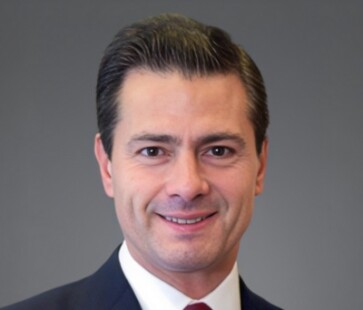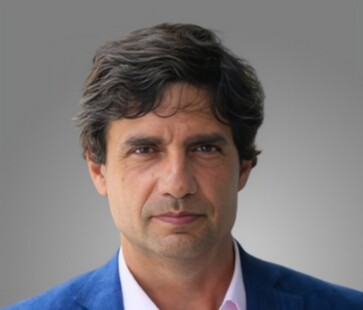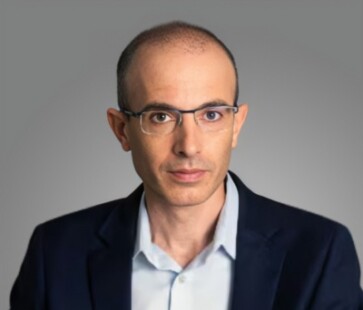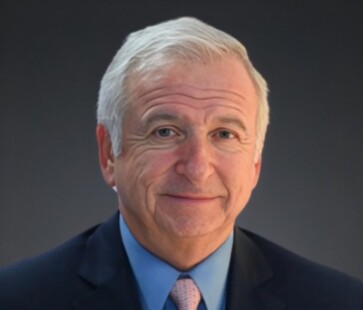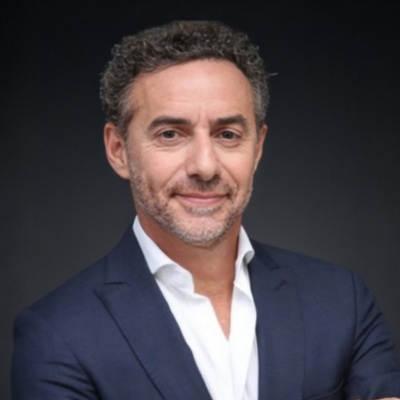
Luis Majul
Journalist and host, recognized for his direct and reflective style. His profile inspires to value information and debate as tools to understand reality, showing commitment to truth and society.
Biography / Speaker Info
Luis Majul is an Argentine journalist, author and television host, with an influential career in his country's media. His career is a tale of professionalism, journalistic rigor and a deep commitment to truthful information. With a communication style that is at once incisive, forceful and extremely insightful, Majul has established himself as one of the most respected voices in political journalism. He has left a deep imprint on the media culture of his country, thanks to his ability to give voice to complex issues and to voices that are not usually heard.
His media career began in the 1980s, when he joined the industry as a columnist and reporter, gaining experience and visibility in the local market. Over time, he specialized in investigative journalism and politics, and became one of the most recognized journalists of his generation. He has worked in the most important media in Argentina, such as the newspaper La Nación and the television channels América and La Nación+, where he has worked as a host and political analyst. His work has focused on the investigation of corruption, power and politics, topics that he approaches with great depth.
One of Luis Majul's main achievements is his ability to translate complex political concepts into practical and applicable ideas for the general public. His books, such as El dueño and Lanata sin filtro, have become essential guides for those seeking to understand Argentina's recent history. In his publications, Majul explores how corruption and power have affected the lives of Argentines. His books are characterized by their clear language, practical examples and focus on action, making them accessible to all audiences and generating public debate.
In addition to his work as a journalist and author, Luis Majul is a sought-after speaker at political and communication events. His talks focus on the future of democracy, freedom of the press and the importance of education. His legacy is measured by his ability to popularize the debate on politics and his valuable contribution to the creation of a more inclusive media.






